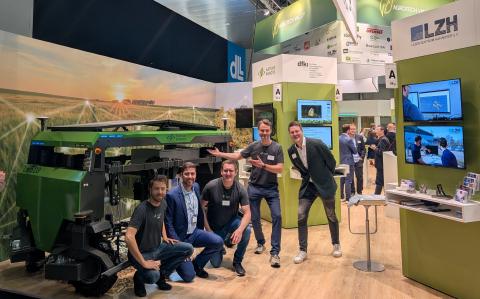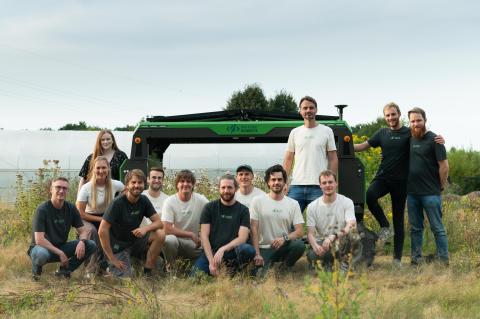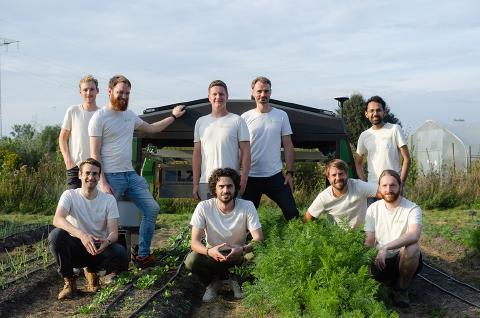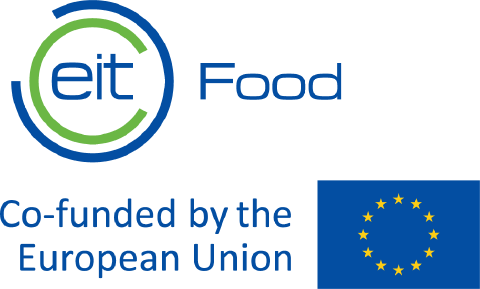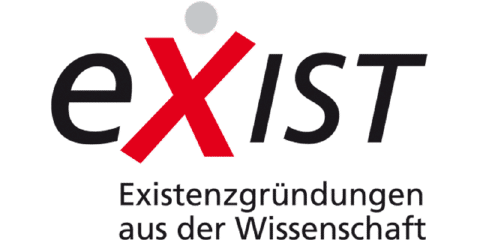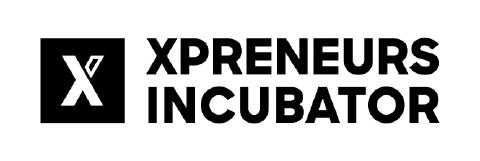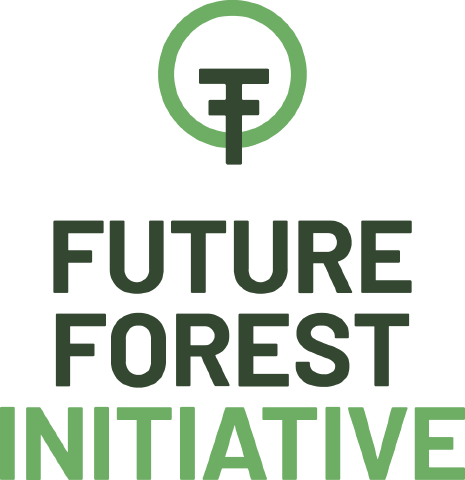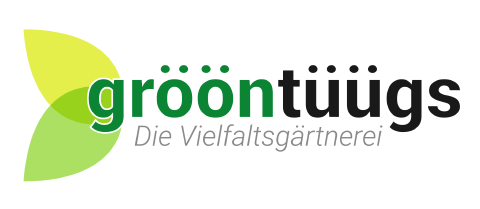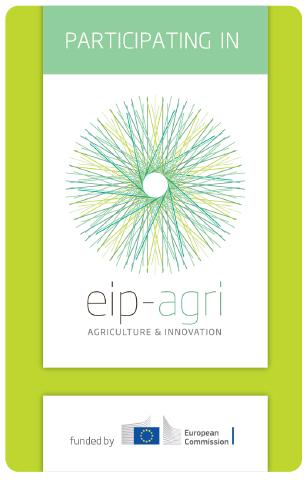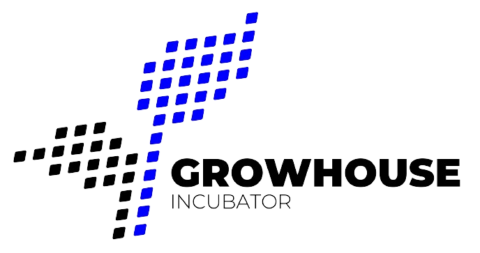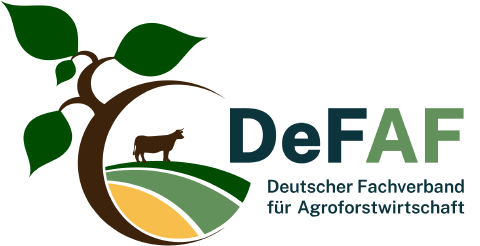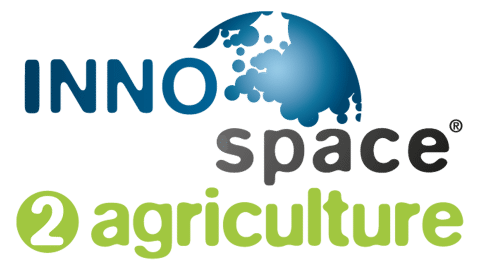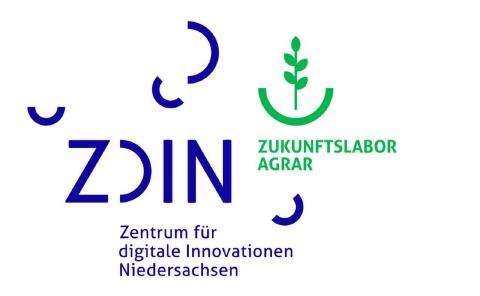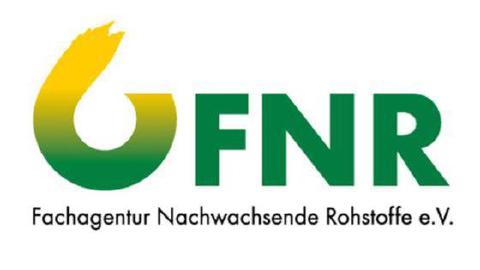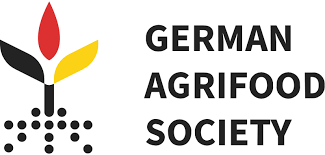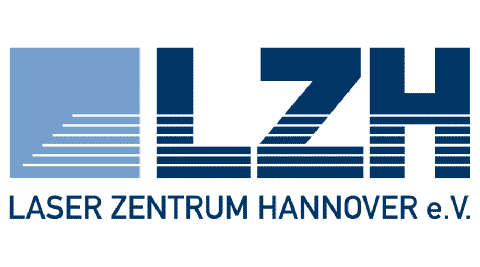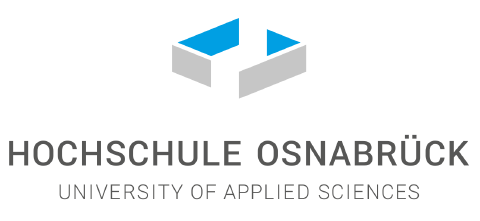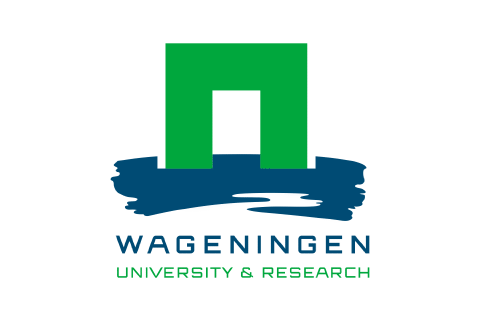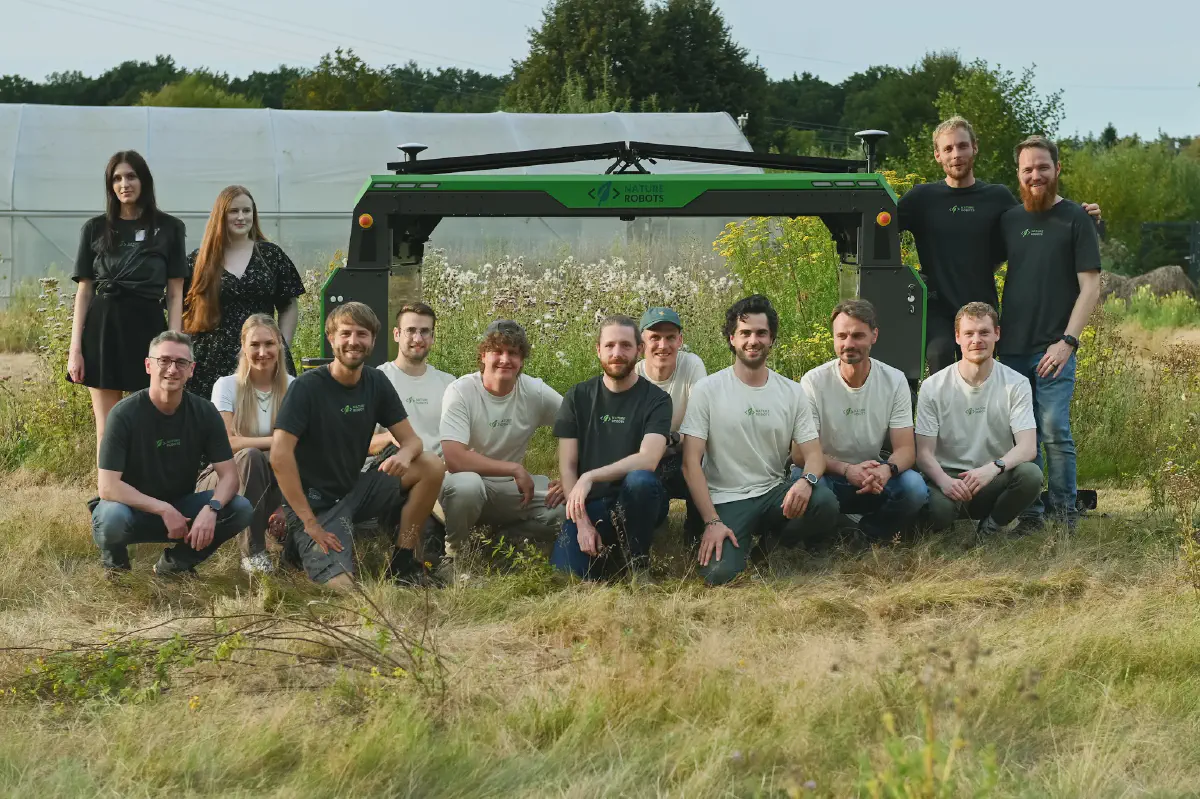We make your machine autonomous
with our operating system that powers the next generation of AI-based autonomous farming
Discover Our Solutions
German Research Center for
Artificial Intelligence (DFKI)
and brings cutting-edge AI & robotics
technologies to farming practice.
We are Impact driven!
We Drive Impact! As the climate heats up and extreme weather intensifies, we need more trees, forests, agroforestry, agro-photovoltaics, viti-photovoltaics, orchards, and food forests—creating microclimates, preventing erosion, and fostering biodiversity.
That’s why we develop autonomy and hardware solutions for complex environments. Our localization works without GNSS or RTK, overcoming signal blockages from trees and photovoltaics. Machines keep running even when GNSS or internet signals drop.
With Mesh Navigation, we map the world in 3D, enabling precise route planning in rough terrain like forests and vineyards. Even the Moon and Mars feel within reach. If humans can walk on the Moon, why shouldn’t we scale regenerative agriculture with cutting-edge autonomy?

Our award-winning team and product is growing and thriving.
In 2023, we were named Agricultural Start-Up of the Year and also won the prestigious Durchstarter Award as Science Spin-Off of the Year.

First Start-Up Award: Growth Alliance Crowd’s Favorite Pitch 2022

DurchSTARTer-Prize Science Spin-Off 2023, 1st Place
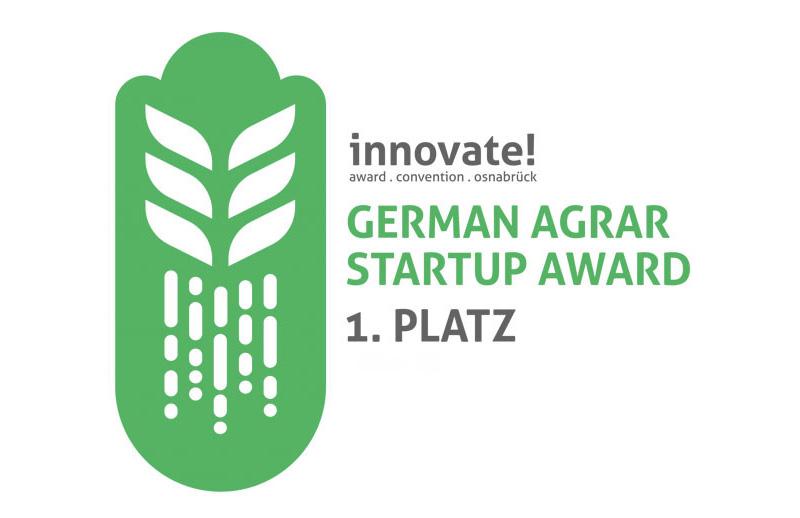
German Agri Startup Award 2023, 1st Place
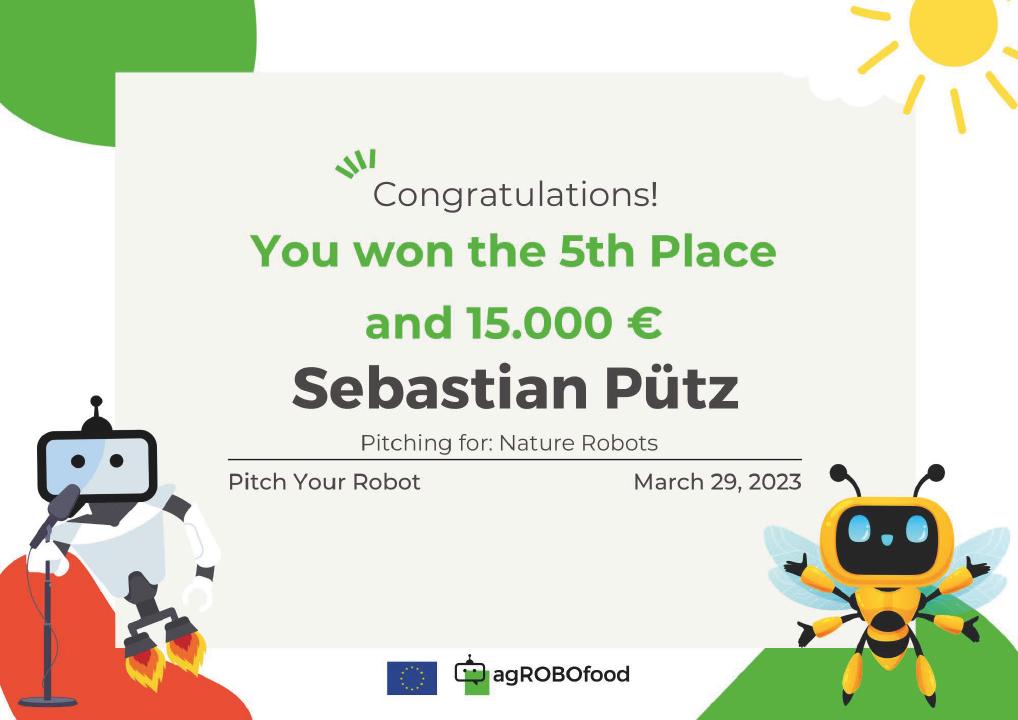
AgROBOfood Pitch Your Robot Award 5th Place in Europe, winning €15,000

Digital Summit Euregio 2024 2nd Place out of 42 from across Germany and the Netherlands.

EXIST 25th anniversary prize for science spin-offs 2024 3rd place in Germany
Partner
Lero Robots
Field Robot Lero.02

Monitoring Robot Lero.01

Field Robot Lero.03
So far, Lero.01 and Lero.02 serve as flagship robots for our Modular Autonomy Software Suite. The Lero.03, which will be launched in spring 2025, is a robust field robot for the use of implements in the field. Lero.03 is designed to operate for at least 8 hours per day and is intended to perform tasks such as laser weeding or high-precision mechanical and soil-conserving weeding.
Contact us for infos & data sheets!Lero 03 is an autonomous field robot with two drive units and a robust rectangular frame, the bridge, for implements. It is suitable for long-term autonomous use in the field or in field trials with interchangeable implements, e.g. for weeding, monitoring, seeding, etc. It also has sensors and software to consistently map and monitor plants in 3D while driving. An automatic tool change enables the robot to use different implements over a long period of time. Thanks to its high flexibility, the Lero is also an ideal basis for research projects. The use of state-of-the-art robot software enables safe and efficient long-term navigation even in uneven terrain.
Our Vision
We aim to promote regenerative, ecological, and especially small-scale agriculture through AI and robotics, in harmony with nature and humanity. PlantMap (Powerful Long-term Autonomous Navigation Towards Monitoring Agricultural Plants) is a project of the Lower Saxony DFKI Lab located in Osnabrück. It includes a startup initiative within the framework of the EXIST research transfer program, where a time- and space-resolved, three-dimensional plant map of individual plants and entire beds is developed using an autonomously navigating robot to support organic farming.

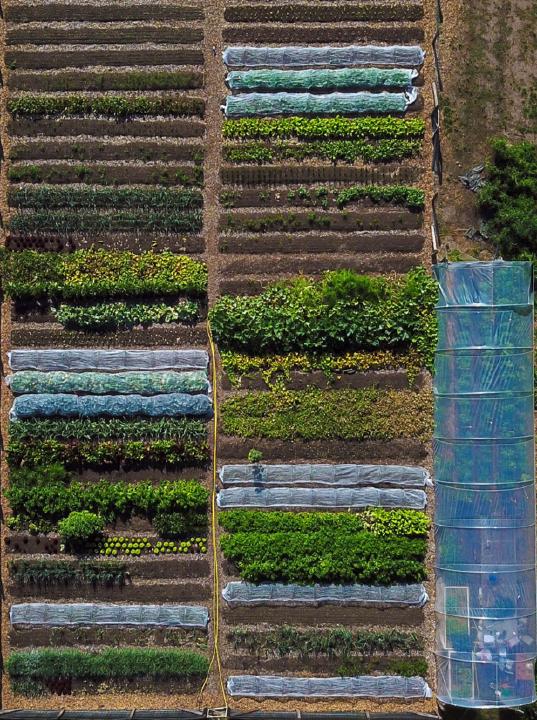
Biodiversity. Sustainability. Microfarming.
The diversity in bio-intensive cultivation is characterized not only by the growing of more than 30 different vegetable varieties – nature benefits from it as well. Plants and insects live in symbiosis with one another. Soil preparation is another key component – compost, for example, contributes to the essential formation of humus. Maintaining and promoting soil fertility is indispensable for successful bio-intensive farming.
On less than one hectare of land, a farm can operate profitably using bio-intensive methods. However, many potential newcomers lack the agronomic knowledge needed to start their own operation…

